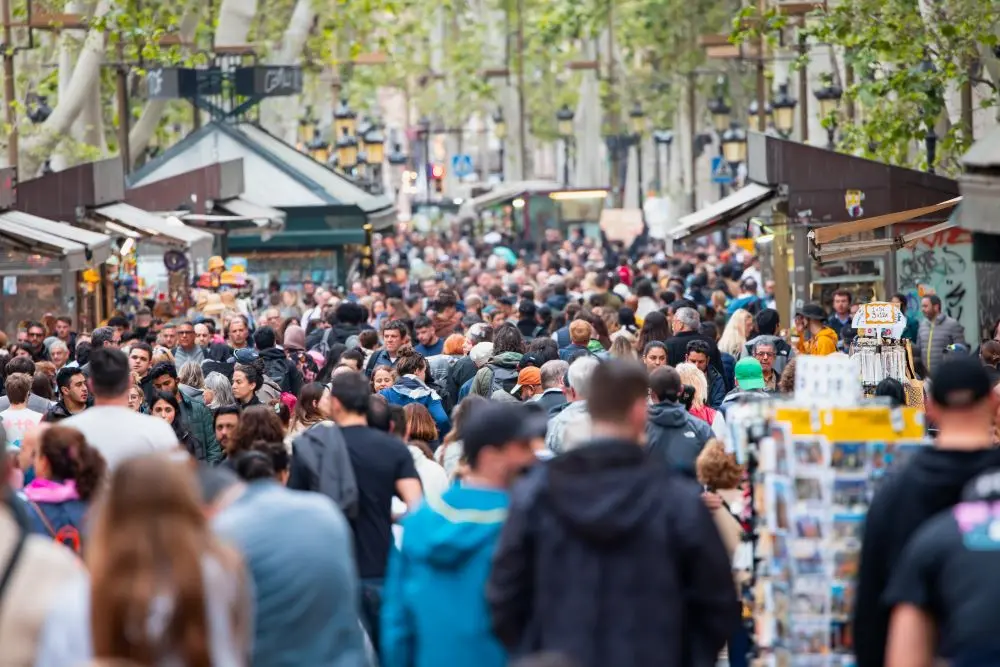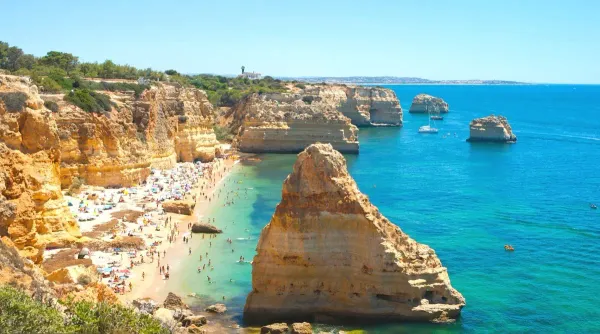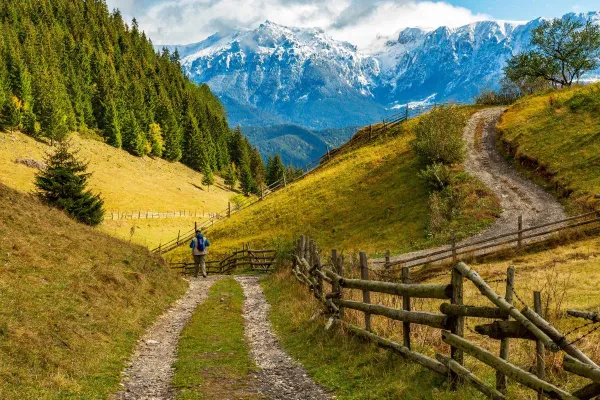Floods, Heatwaves and Hostility? What Britons Visiting Spain Can Expect This Summer
Droughts, biblical floods, scorching temperatures, and protests with "tourists go home" signs. These are just some of the challenges Spain’s top tourist spots have faced in recent months.
So, how can you avoid turning your relaxing summer break into a nightmare?
Spain isn’t against tourism. It makes up about 13% of the country’s GDP, and both local business owners and politicians want to emphasize that visitors are welcome.
Even many protesters acknowledge the value of tourism – they just want tourists to visit responsibly and sustainably. This means supporting small businesses, staying at locally-owned hotels, and exploring less crowded areas.

Below are some of the issues that could affect holidays in key Spanish destinations, along with suggestions on how tourists can minimize their impact.
1. Barcelona: Restrictions on Airbnb and higher tourist taxes
In early July, tourists on Barcelona’s La Rambla were sprayed with water by protesters during an anti-tourism demonstration, one of many that have occurred in the city since January. The locals’ frustration stems from the overwhelming levels of tourism, particularly in the city center, which they blame for rising housing costs. Water shortages, worsened by climate change-induced droughts, are also exacerbated by the high number of visitors. (Barcelona’s City Hall estimates that tourists use almost twice as much water per day as locals).

To address the housing crisis, the city council, led by Mayor Jaume Collboni, plans to ban short-term holiday rentals like Airbnbs by 2028. The daily tourist tax for hotel guests will also increase this October, from €3.35 (£2.74) to €4 (£3.37) per night for the first seven days of your stay.
How can you enjoy the city while addressing these concerns? Avoid the congested city center and explore fascinating neighborhoods like Eixample, Gracia, and Poble Nou. Alternatively, take a train to the coastal towns beyond the city.
2. Mallorca: Protests and restrictions on alcohol
In June, heavy rain caused chaos at Palma Airport, flooding the runway and causing water to cascade from the ceiling. Elsewhere in Spain, torrential rain turned the streets of Murcia and Alicante into rivers. These incidents followed severe flooding in Seville in February.
June also saw around 10,000 disgruntled residents take to Mallorca’s streets and beaches in one of Spain’s largest anti-tourism demonstrations. A smaller protest took place in Menorca, and another is scheduled in Palma on July 21.
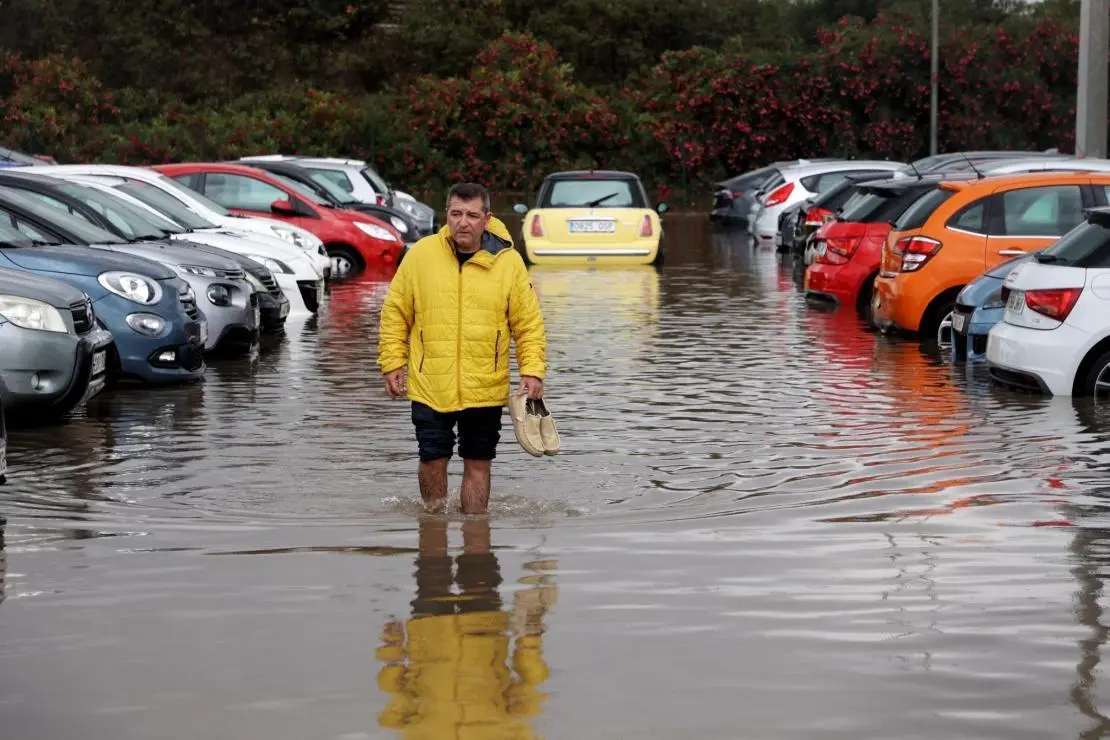
Local resentment is fueled by holiday rentals and the behavior of tourists in some of the rowdier resorts. The local government has introduced new fines and restrictions to curb alcohol-fueled tourism, and a ban on cruise ships docking in Palma is being considered.
The Balearic Government’s Minister of Tourism, Culture, and Sports, Jaume Bauzà, stated: “All tourists are welcome. The only thing we ask of visitors is respect and responsibility. We need a more sustainable and environmentally friendly tourism sector, attracting responsible visitors who take care of their surroundings.”
3. Ibiza: Protests and heatwaves
Spain’s State Meteorological Agency AEMET has predicted a hotter-than-usual summer this year on the country’s Mediterranean coast, as well as the Balearic and Canary Islands. If you’re planning to visit Ibiza’s famous beaches or lush interior, keep this in mind.
Ibiza has also seen anti-tourism demonstrations, with around 1,000 protesters taking to the streets in late May. Their frustration is directed at the housing crisis and the behavior of party tourists. “Tourism yes, but not like this,” read some of the placards.
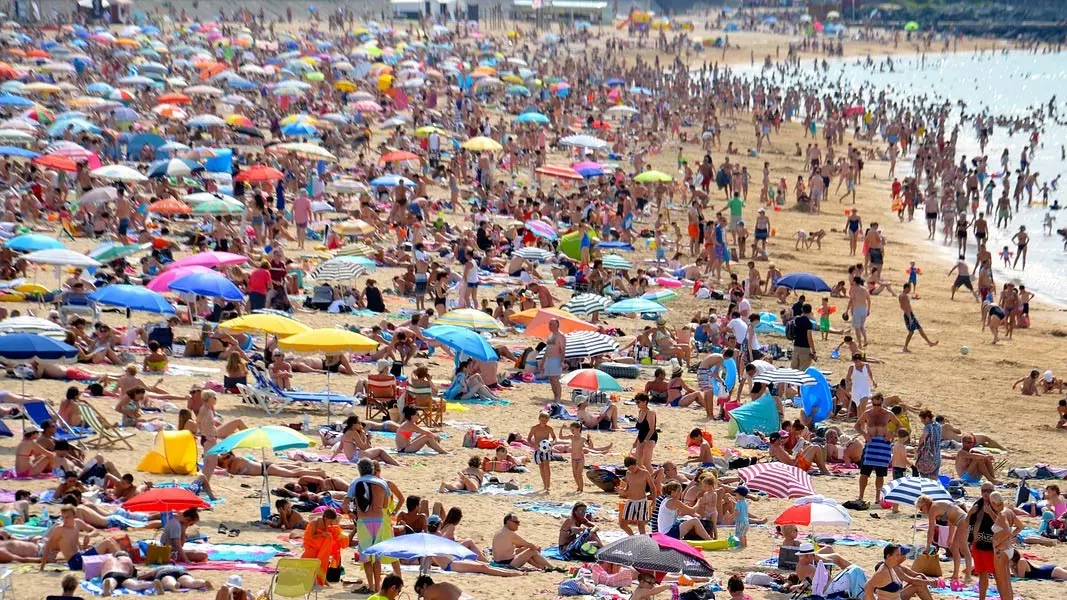
The issue is compounded by the large number of tourists compared to the island’s small population – more than 3.5 million visited Ibiza and Formentera in 2023, while the combined population of the islands is only 160,000.
What can you do? Be prepared for high temperatures and choose local businesses over larger corporate hotel chains. Where possible, avoid tourist hotspots.
4. Málaga: Anger at cruise ships
In July, more than 5,000 residents of Málaga protested, carrying signs with slogans like “Malaga to live, not to survive” and “Salary of €1,300, rent of €1,100 – how can you live?”
Once seen as just the gateway to the Costa del Sol, Málaga has become a city-break destination in its own right, thanks to its Picasso Museum and beautiful beaches. However, this has come at a cost.
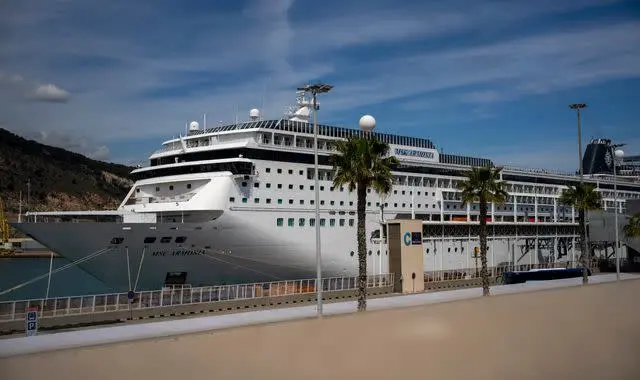
As in Barcelona, cruise ships flood the city center with short-term tourists who contribute little to the local economy while adding to the congestion. Málaga has the highest number of tourist rentals in Spain, leading frustrated locals to plaster holiday lets with stickers saying “tourists go home” or “this used to be my home”.
The solution? Travel responsibly and sustainably. Pablo Carrington, Founder & CEO of Marugal Hotel Management, which runs the Palacio Solecio hotel in Málaga, said: “These protests are not about an hatred for tourists because we all understand the value this industry brings to the city. The protests are about the need to rethink the kind of tourists we want visiting our cities.”
5. The Canary Islands: Hunger strikes and water shortages
In April, around 200,000 people protested in Tenerife’s capital, Santa Cruz, in what was the largest demonstration in the island’s history. A month later, six activists went on a 20-day hunger strike demanding sustainable tourism instead of mass tourism, citing a lack of affordable housing, pollution, and water shortages. They also sought to halt new tourism projects, including the construction of a five-star hotel on one of Tenerife’s last remaining unspoiled beaches.
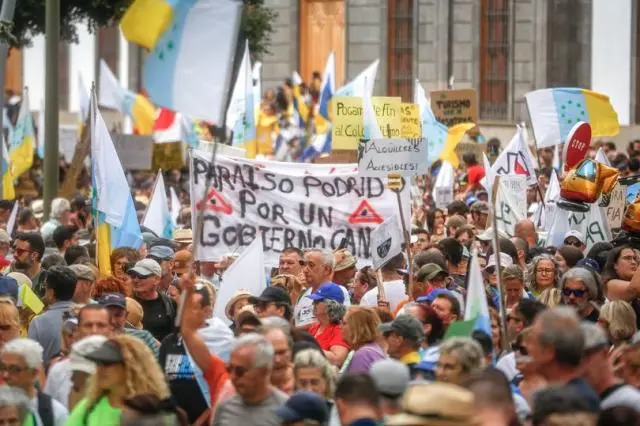
It’s not just about housing and overcrowding in towns. Locals are also fed up with badly behaved tourists. Signs reading “closed to tourists” have appeared around beaches, and tourists have further angered locals by using camping stoves in Teide National Park and parking their cars in restricted areas.
Should you still visit? Yes, absolutely. Tenerife’s Tourism Authority said: “Tourists are completely welcome in Tenerife. Our strategy focuses on sustainability, not only environmental but also economic and social. We encourage visitors to discover lesser-known parts of our island, enabling all areas to benefit economically.”


